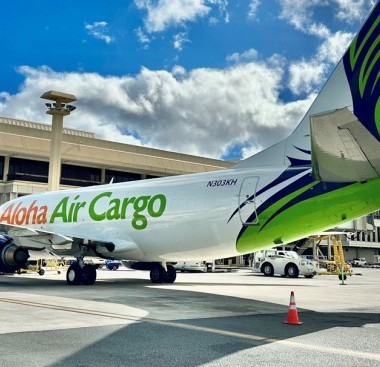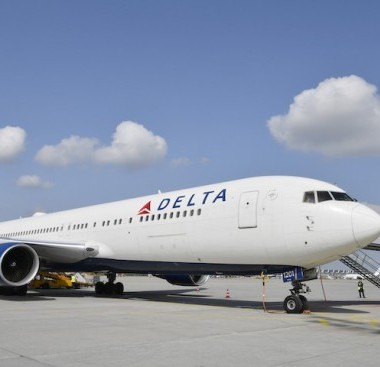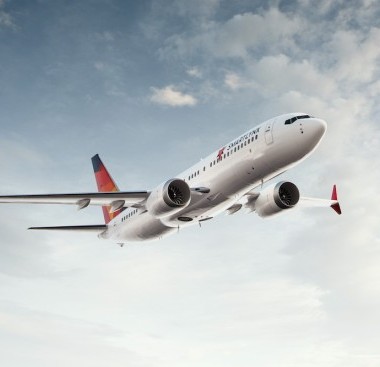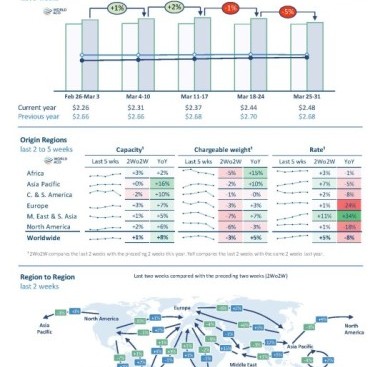Can US maritime leadership be restored?
Nov 02, 2003
In recent times the US maritime leadership has lowered the standards rather than addresses the challenge. Can US maritime leadership be restored?
By Conrad Everhard
(Editor's note: The following remarks were extracted from a speech delivered at the Foreign Commerce Club of New York on Oct. 22, 2003.)
When all else fails, lower your standards. That seems to be the underlying theme of the modern US approach to the maritime industry. Our-US-owned, US flag merchant marine has disappeared, except for a few lines in the protected domestic offshore trades, and our shipyards have fared only a little better, those that remain being supported almost exclusively by the Navy and Title XI work. Less publicized, but equally disastrous, we've lost the maritime leadership that this greatest trading nation has long enjoyed.
The transition from the world's greatest maritime nation to one whose fleet ranks twelfth behind Liberia, Panama, the Bahamas and the Marshall Islands, among others has taken place under about ten different administrations. Most have acted as though no policy is a good policy when considering the need for a strong merchant marine. There seems no limit on the amount Congress is willing to subsidize corporate farms (currently in the neighborhood of $19 billion per year). In Washington, there seems to be an attitude, formed with little or no debate that a merchant fleet is not a priority for this country and certainly not worth public support. The current maritime subsidy payment of $100 million exists primarily to ensure that some tonnage is available ton the military in the event of a major overseas conflict and even this amount is constantly under threat of being eliminated.
Our standards have now been lowered to the point where vessels owned by Denmark, Singapore and Canada are the beneficiaries of a large percentage of these meager US maritime subsidies. We still have a federal agency, Maritime Administration (MARAD) and a federally funded maritime academy at King's Point whose fundamental purpose is to provide support and manpower for US merchant marine that barely exists. If we really don't care who's operating the ships that carry 95% of our foreign commerce, why should taxpayers be burdened with any of this?
The answer is anyone who has given at least five minutes of thought to this subject does care who's operating the ships carrying out vital trade with other nations. Leaving aside the obvious military and security risks of relying entirely on foreign tonnage, the great economy of this country depends reliable, efficient and economical ocean transportation. Not only are virtually all of the ships operating in our foreign commerce owned by foreign interests, but like our manufacturing base, the ownership of the world's liner fleet is steadily shifting to Asia. In recent years, 6 or 7 of the largest containerships operators were headquartered in China, Hong Kong, Japan, Taiwan. Would you like to rely on those vessels being available in the event of another war in Asia?
Aside from a major conflict, international maritime policy and pricing is historically controlled by those who control the transportation. The US has been a leader in establishing the rules since the enactment of the Shipping Act in 1916. which created an exemption from anti-trust laws for liner operators in US trades, regardless of flag. The exemption was emulated throughout the world, and international maritime commerce has benefited from this consistent policy.
Now, US maritime leadership is being challenged abroad, both in Europe and in China. The European Commission (EC), (which was recently defeated by Europe's Court of First Instance in its attempt to levy a fine of Euro 273 million on ocean carriers for violating anti-trust immunity) is now in the process of reviewing the 1986 treaty conveying immunity to liner conferences. Repeal of that immunity would create an immediate conflict of law and/or policy with all of Europe's trading partners, including the US, where collective pricing and service decisions ar
Similar Stories
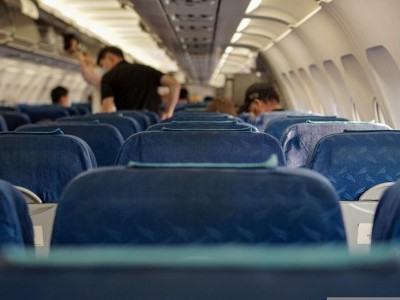
U.S. Cargo and Passenger Airlines Gained 760 Jobs in February 2024; Employment Remains 5.7% Above Pre-Pandemic February 2020
View Article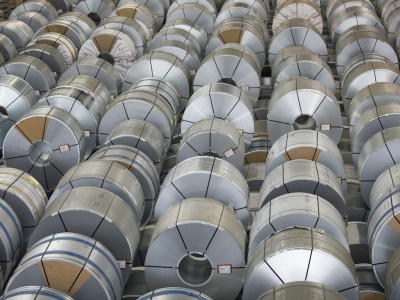
China vows to act after US calls for tariffs on steel products
View Article
Russian Diesel exports continue to plunge because of Drone Attacks
View ArticleS&P 500 suffers its longest slide since January: Markets Wrap
The stock market saw its longest losing streak since January as a handful of big techs sold off — despite a slide in bond yields.
View ArticleYellen fully expects fresh sanctions on Iran in coming days
US Treasury Secretary Janet Yellen warned that the US will strengthen its sanctions on Iran within days after the nation’s recent attack on Israel.
View Article
Biden seeks higher tariffs on Chinese steel, aluminum to support US firms
View ArticleGet the most up-to-date trending news!
SubscribeIndustry updates and weekly newsletter direct to your inbox!

